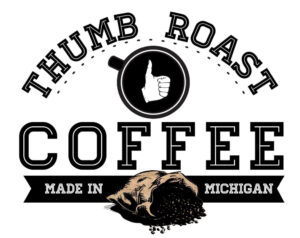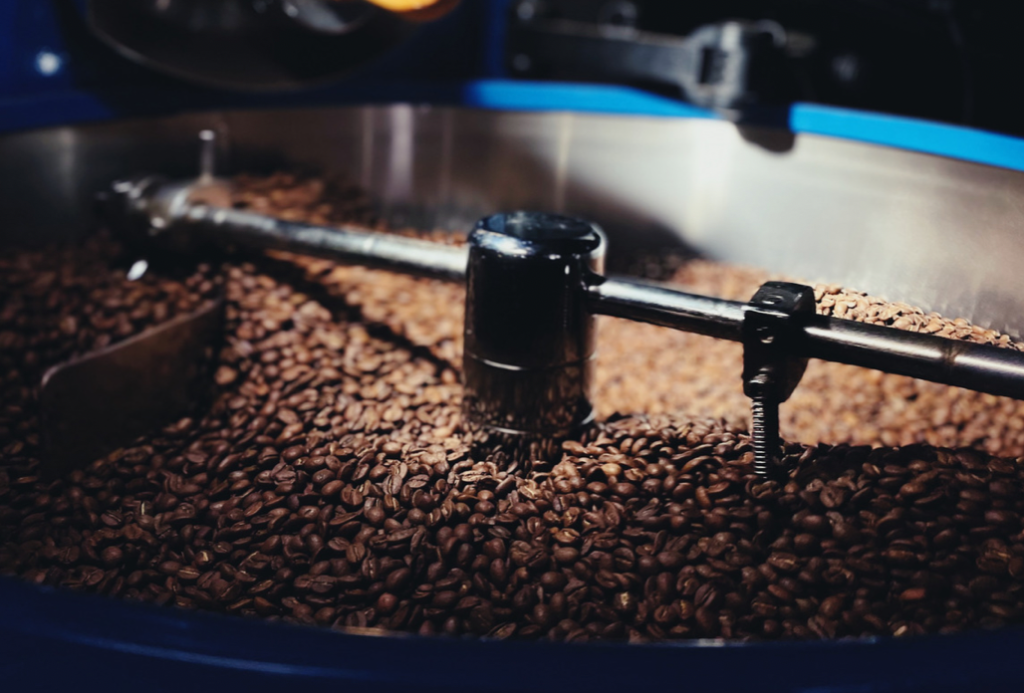1. Enhancing the brand architecture and positioning for a consistent image
2. Creating digital content and incentives to drive direct-to-consumer traffic
Direct-to-consumer (DTC) brands have provided a fundamental challenge to legacy brands selling online. The COVID-19 pandemic prompted several brands to fast-track their own direct-to-consumer offers. Thumb Roast Coffee services a niche in the coffee industry, targeting customers who are not as familiar with specialty coffee – the consumer who is considered to be between a normal daily coffee and specialty coffee consumer.
Challenge:
While the ultimate target market includes both wholesale and direct-to-consumer, it has been a challenge to attract direct-to-consumer traffic to achieve an increase in sales, especially online. Thumb Roast Coffee services a niche in the coffee industry, targeting customers who are not as familiar with specialty coffee – the consumer who is considered to be between a normal daily coffee and specialty coffee consumer. In addition to this challenge, Blended Collective encountered the key root problem to be the organization of the various brands, namely its brand architecture.
Solution:
Currently, there are two brands tied to the coffee product: Thumb Roast Coffee and Rae’s, the latter which includes an eatery. Brand architecture is a system that organizes brands, products and services to help an audience access and relate to a brand. It helps a brand stay organized internally and sets the tone for how the target audience and customers should recognize and interact with each one of the brands. Based on sales data and research, the sub brand model was suggested to be utilized, where all sub brands are related to the Thumb Roast Coffee parent brand, yet connecting to its own brand qualities, values and messages, too. Additionally, we recommended to include specific brand differentiation factors across all consumer touchpoints (including mission, vision, and purpose statements), such as the slightly lower cost considering the specialty coffee market and the sourcing of 10% top specialty coffee from international farmers – allowing for brand differentiation in this market.
Secondly, the other goal was to develop an overall strategic marketing approach for Thumb Roast Coffee. As the brand is specifically focused on growing its digital presence and consumer base, we recommended to expand its marketing efforts by introducing educational content, high-quality imagery, video marketing, and digital incentives (also e-mail marketing) on its website and online channels to push direct-to-consumer online sales more aggressively.
Results:
After analyzing the current brand state of Thumb Roast Coffee and making the above-mentioned recommendations, many digital opportunities were implemented to reach the brand’s fullest potential. Website page visits have increased by 129% as a result.
The brand architecture and structure were reviewed by a legal team before proceeding. To create less confusion on the consumer’s end, the brand positioning has been strengthened by focusing on the brand’s competitive advantage and differentiation factors. This was followed up with digital content and marketing initiatives to build strong, trustworthy, and long-lasting customer relationships.
I was given the amazing opportunity to work with Blended Collective in the fall of 2020. Lydia asked many questions to really understand who we are as a business and our objectives. She helped us develop our overall marketing plan, and shed light on our focus and what was important to us. In addition, she provided actionable step-by-step guidance for us to take action.We have seen an increase of 129% in online traffic because of the steps we took to implement our marketing plan. We are a better business having worked with Blended Collective, and I can’t wait until we can collaborate again!


